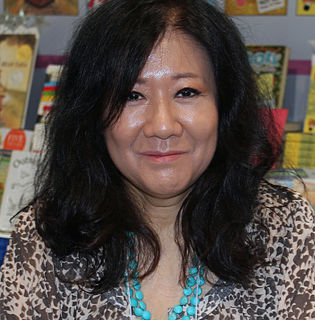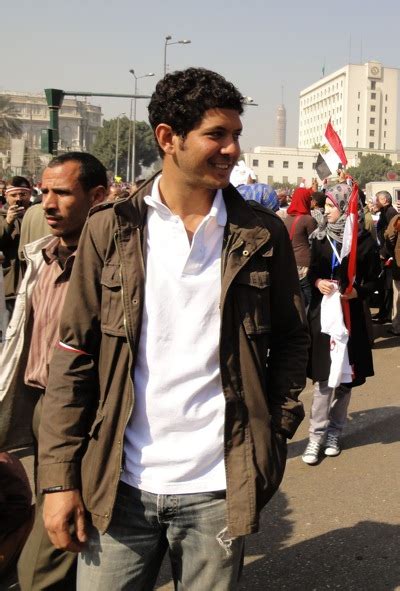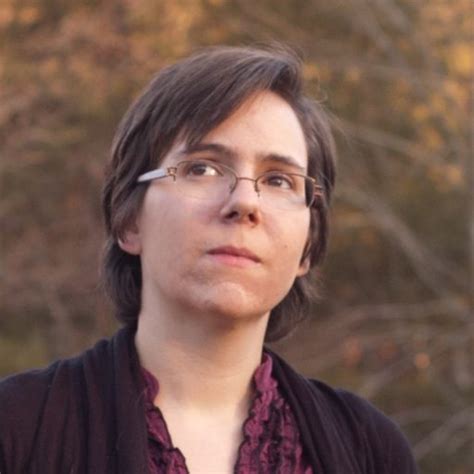Цитата Синтии Кадохаты
В 1982 году, когда мне было почти 26 лет, я решил, что хочу писать художественную литературу. В колледже я специализировался на журналистике и всегда предполагал, что буду писать документальную литературу.
Связанные цитаты
Я пишу художественную литературу от руки. Дело не столько в отказе от технологий, сколько в невозможности писать художественную литературу на компьютере по какой-то причине. Не думаю, что стал бы писать это и на пишущей машинке. Я пишу очень слепо, инстинктивно. Это просто неправильно. Есть физическая связь. А вот в художественной литературе это совсем не так. Я даже не могу представить, как писать документальную литературу от руки.
['Fire and Rain'] почти неудобно близко. Почти исповедальня. Причина, по которой я мог написать такую песню в тот момент и, вероятно, не мог сейчас, заключается в том, что я не чувствовал, что кто-то ее услышит. Я начал писать песню, когда был в Лондоне… и был совершенно неизвестен… Поэтому я предполагал, что их никогда не услышат. Я мог просто написать или сказать все, что хотел. Теперь я очень хорошо осознаю, и мне приходится иметь дело со своим страхом перед сценой и тревогой по поводу того, что люди исследуют или оценивают это. Идея, что люди будут судить об этом, не является полезной мыслью.





































